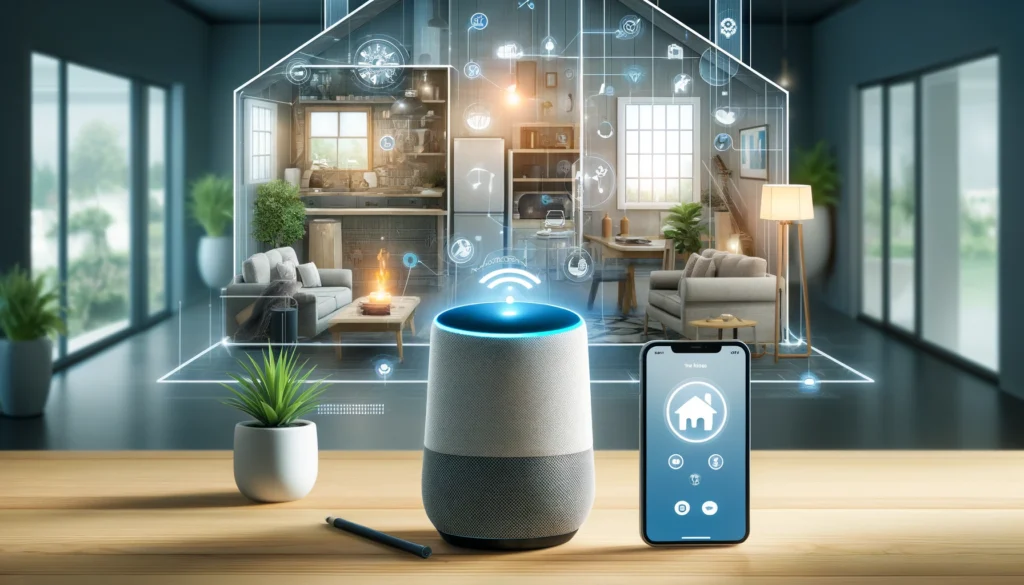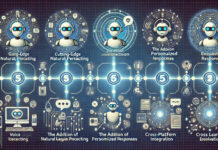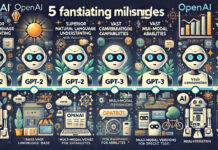Artificial Intelligence (AI) has transitioned from science fiction to a key part of our daily routines. AI in everyday life transforms our interaction with technology, enhancing convenience and personalization. This article delves into AI’s role in household technology and consumer services, highlighting its practical benefits and subtle impact on our choices.
Smart Assistants: Your AI Companions
Smart assistants are one of the most visible forms of AI in everyday life. Devices like Amazon’s Alexa, Google Assistant, and Apple’s Siri use AI to interpret voice commands and assist with tasks. They help users check the weather, play music, control smart home devices, and retrieve information from the web. These assistants use natural language processing (NLP) to understand and respond conversationally. Learn more about NLP here.
Personalized Recommendations: AI Knows What You Like

AI analyzes vast amounts of data to power personalized recommendation systems. Streaming services like Netflix and Spotify use AI to analyze your viewing or listening history, suggesting movies, shows, or music based on your preferences. This enhances user experience and increases engagement by helping users discover new content they will enjoy.
E-commerce and Online Shopping
In e-commerce, AI enhances the shopping experience by providing personalized product recommendations based on your browsing and purchase history. Major online retailers like Amazon utilize AI to suggest items you might need before you realize it. This capability, driven by predictive analytics, forecasts future behavior based on past data. Learn more about AI in e-commerce here.
Smart Home Devices and Automation

AI also makes homes smarter and more energy-efficient. Smart thermostats like Google Nest learn your temperature preferences and schedule, adjusting heating and cooling systems for optimal comfort and efficiency. AI-powered security systems differentiate between routine movements and potential threats, alerting you only when necessary.
Healthcare and Fitness
On a personal level, AI applications in healthcare and fitness monitor health metrics such as heart rate and sleep patterns. They provide insights and recommendations to improve well-being. These devices use algorithms to track progress, suggest adjustments in fitness routines, and alert users to potential health issues before they become serious.
Ethical Considerations and Privacy Concerns
While AI brings numerous conveniences, it raises important questions about privacy and data security. These systems collect vast amounts of personal information to serve us better. Users must understand what data is collected, how it is used, and how to protect their privacy. For more on ethical considerations, visit this link.
Conclusion
AI’s integration into everyday life demonstrates its potential to make our routines more efficient and personalized. From smart assistants to AI-driven health recommendations, the technology is becoming indispensable. As we explore AI’s impact across various sectors, its role in enhancing everyday life highlights the balance we must strike between convenience and privacy. As AI evolves, so will its applications, promising greater integration into daily lives and ongoing discussions about ethical implications.
For more insights on AI’s capabilities and impact, explore our series on AI Applications here.



